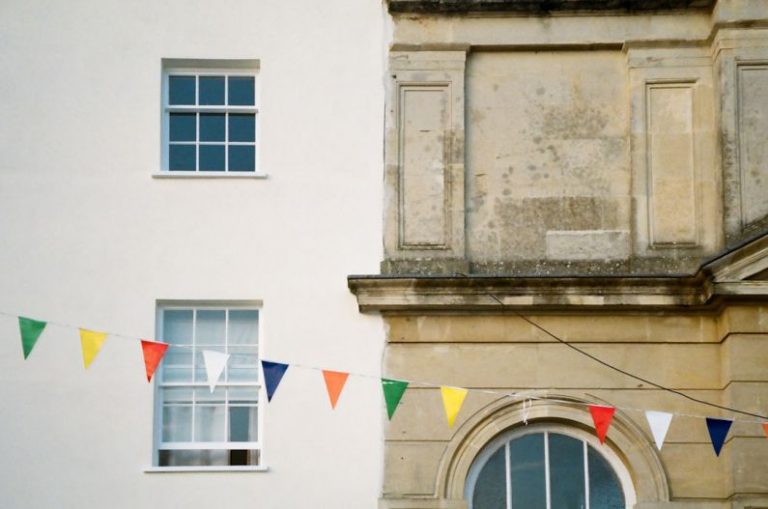What Are the Traditional Festivals in Brazilian Villages?

Brazil is a country known for its vibrant culture, rich history, and diverse traditions. In the heart of Brazilian villages, traditional festivals play a significant role in bringing communities together and celebrating their heritage. These festivals are a colorful display of music, dance, food, and religious customs that have been passed down through generations. Let’s take a closer look at some of the most prominent traditional festivals in Brazilian villages that continue to captivate locals and visitors alike.
**Festa Junina: Celebrating Saints and Harvest**
One of the most popular traditional festivals in Brazilian villages is Festa Junina, a celebration that takes place throughout the month of June. Festa Junina is a lively event that combines elements of Catholic traditions with local folklore and customs. The festival is dedicated to honoring three saints – Saint Anthony, Saint John the Baptist, and Saint Peter – and celebrating the harvest season.
During Festa Junina, villagers come together to enjoy traditional Brazilian dishes such as corn-based treats, hot quentão (a mulled beverage), and sweet desserts. The highlight of the festival is the quadrilha, a traditional square dance that features colorful costumes, lively music, and intricate choreography. Villagers of all ages participate in the quadrilha, adding to the festive atmosphere of Festa Junina.
**Carnaval: A Spectacle of Music and Dance**
Carnaval is perhaps the most famous festival in Brazil, known for its extravagant parades, vibrant costumes, and energetic samba music. While Carnaval is often associated with larger cities like Rio de Janeiro and Salvador, many Brazilian villages also hold their own celebrations during this festive season.
In rural villages, Carnaval takes on a more intimate and community-focused atmosphere, with locals coming together to create their own parades, dance performances, and music shows. Villagers spend weeks preparing for Carnaval, sewing intricate costumes, building elaborate floats, and rehearsing choreographed routines.
**Folia de Reis: A Religious Procession**
Folia de Reis is a traditional festival that takes place in many Brazilian villages during the Christmas season. This festival is a colorful and lively celebration of the biblical journey of the Three Wise Men to visit the baby Jesus. Villagers participate in a religious procession, singing hymns, playing instruments, and reenacting the journey of the Wise Men.
Folia de Reis is a deeply spiritual event that brings together people of all ages to celebrate the birth of Jesus and pay homage to the Christian faith. The festival often features traditional Brazilian music such as samba de roda and congada, adding to the festive atmosphere.
**Bumba Meu Boi: A Folkloric Tradition**
Bumba Meu Boi is a traditional Brazilian festival that is celebrated in villages across the country, particularly in the northeastern region. This festival is a vibrant and colorful display of folklore, music, and dance that tells the story of a resurrected ox.
During Bumba Meu Boi, villagers dress up in elaborate costumes and masks, representing characters from the folk tale. The festival features lively music, energetic dance performances, and theatrical reenactments of the story of the ox. Bumba Meu Boi is a dynamic and engaging celebration that showcases the rich cultural heritage of Brazilian villages.
**In Conclusion: Embracing Tradition in Brazilian Villages**
Traditional festivals play a vital role in the cultural fabric of Brazilian villages, bringing communities together and preserving centuries-old customs and traditions. From Festa Junina to Carnaval, these festivals are a vibrant celebration of music, dance, food, and religious beliefs that continue to captivate both locals and visitors. As the heart of Brazilian culture beats in its villages, these traditional festivals serve as a colorful reminder of the country’s rich heritage and unwavering spirit of celebration.





